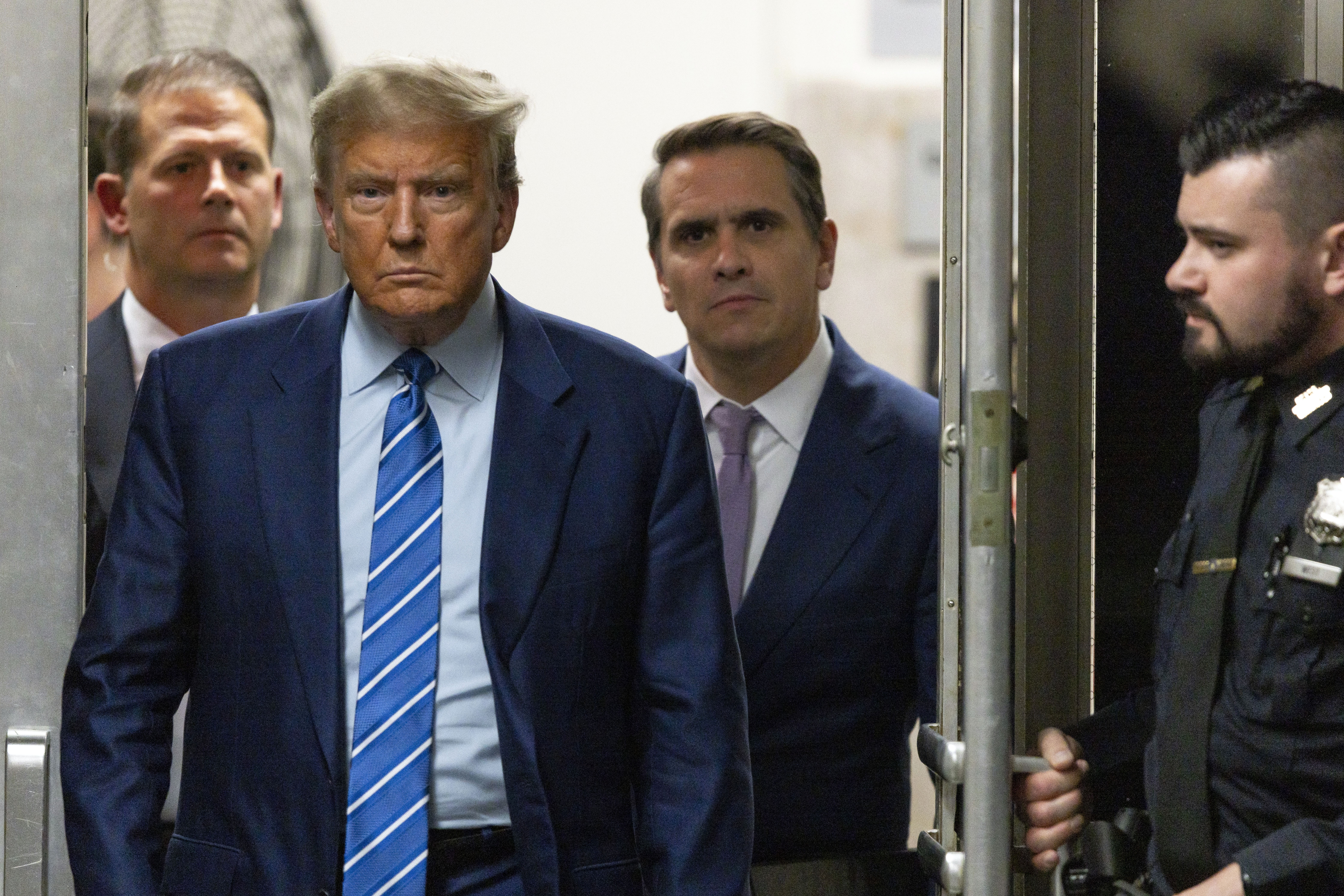The board behind California's planned high-speed rail project heard fierce opposition Tuesday from community leaders and Southern Californians who expect to be affected by the building of the train route.
Tuesday morning's meeting of the California High-Speed Rail Authority, the first in Los Angeles since 2013, comes in the wake of a heated meeting last month in the San Fernando Valley. Several groups opposing the project with hundreds of potential speakers are expected to show up for a rare opportunity for to voice their opposition together in one place.
An overflow viewing area was set up in the lobby.
Some of the train's most devoted opponents are in the city of San Fernando, where elected officials joined residents in confronting state officials at the meeting last month, going so far as to set up their own public address system in the auditorium to express their grievances.
"It would divide the city in half with a 20-foot wall, effectively creating two different towns," Mayor Joe Fajardo said at Tuesday's meeting.
Opposition has also grown in several other Los Angeles-area neighborhoods that intersect with the planned route.
"I don't want to pretend that you can build a project like this and not affect somebody," said board chairman Dan Richard. "But I'm proud to say that in the Central Valley when we adopted our environmental documents after years of analysis and the most thorough environmental analysis that's ever been done on any California project, we had people standing up and saying, 'Thank you.'"
U.S. & World
Richard acknowledged there are major differences between the agriculture-focused central valley and urban Los Angeles.
"I don't think it's any surprise that coming into the most populous area of our state, it's going to be challenging," Richman said, noting that four routes are being examined.
The $68 billion train is expected to connect Los Angeles to San Francisco in two hours and 40 minutes. Construction is slated to start this summer, more than two years behind the initial start date.
Wealthy communities in the Bay Area and farmers in the Central Valley have also raised concerns about the project. Residents in the Silicon Valley forced the planned train to use existing commuter rail tracks into San Francisco at lower speeds. Farmers have filed lawsuits and refused to sell their fields at prices they considered too low.



